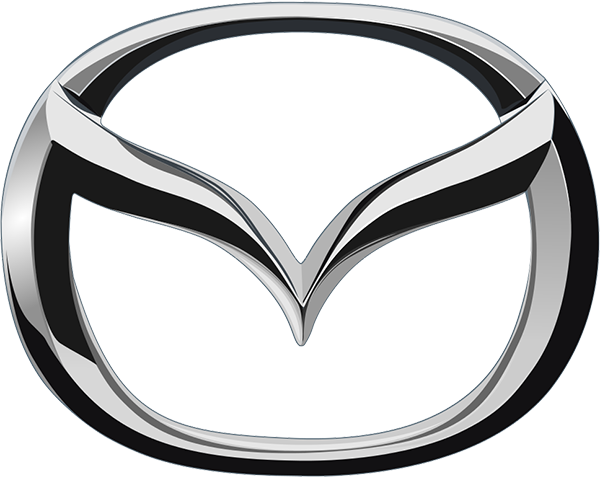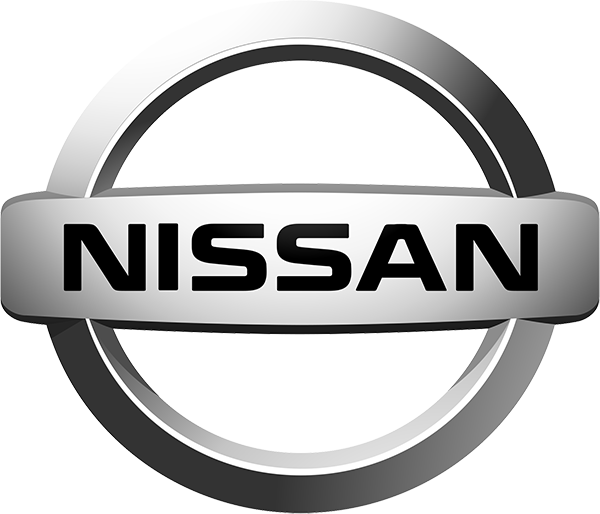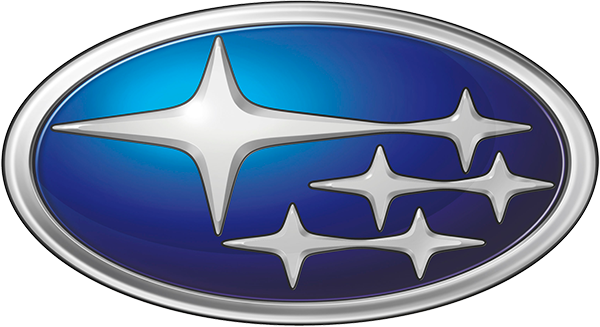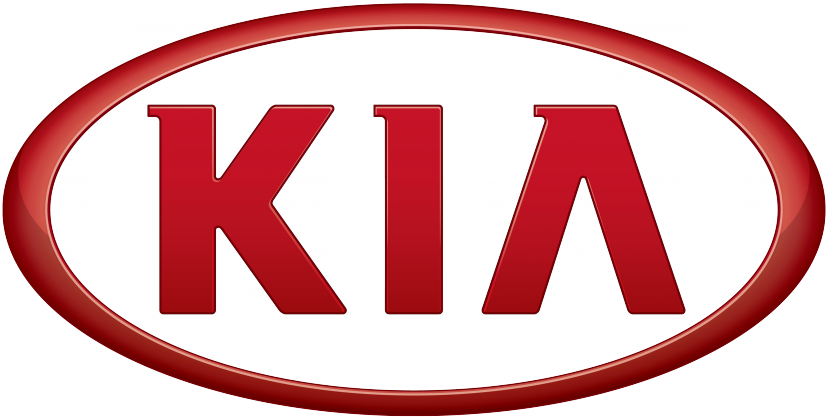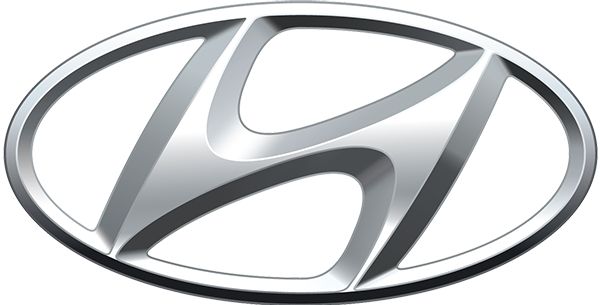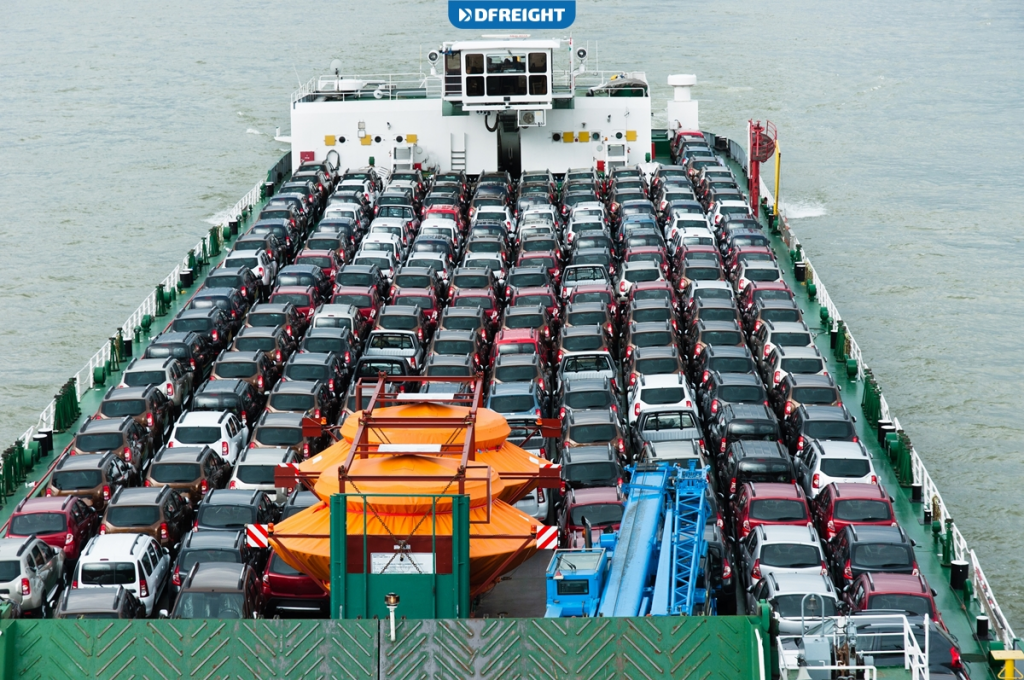
While Tsikot can help you purchase a new or used vehicle in the Philippines, what do you do if
you need to ship your car to or from the Phillippines?
Today, experts at A1 Auto Transport will understand the good and bad of car shipping to and
from the Philippines.
Ready to learn?
Let’s get started.
Is it Worth it to Ship a Car to the Philippines?
Whether or not shipping a car from or to the Philippines all depends on what type of vehicle
you’re shipping and where you’re shipping it to. If you’re shipping a car only an island over, then
there shouldn’t be an issue with safe transportation.
However, suppose you are shipping a vehicle across the world. In that case, you may find that
the cost of shipping a vehicle from the Philippines is more than the cost of the vehicle itself,
including taxes and tariffs that are required when shipping a vehicle.
For example, if you are shipping a vehicle from the Phillippines to Houston, Texas, then it can
cost around $4020 for a typical roll-on/roll-off ship boarding service. You can expect to pay
around $1700 to $2200 in a container, depending on distance and time of year.
The more expensive your vehicle is, the more worthwhile it is to ship the said vehicle. If
however, the vehicle itself is worth around $2,000 to $4,000, you may find that it’s better to sell
the vehicle in your origin country and then purchase a new one on arrival.
Motorbikes are fairly popular in the Philippines and can be easily transported anywhere in the
world. If you need to ship your motorbike throughout the Philippines or beyond, it can be done
by any reputable transportation service for a few hundred dollars.
How to Choose a Reputable Transportation Company?
Before you decide to ship your vehicle, you’re going to need to find a reputable transportation
company. While A1 Auto has been shipping cars overseas for 30 years and has been shipping
automobiles and other vehicles around the world with ease, it’s still important to understand what makes a transport company reputable over another one, as there are plenty to choose
from.
To start, you want your transport company to be fully insured and licensed to operate. You can
check this on the Department of Transportation’s website, as well as the Federal Motor Carrier
Safety Administration.
You also need to verify the amount of insurance that your car is covered for. Some transport
companies fail to offer full insurance but have enough insurance to avoid being fined, so always
double-check with your carrier.
It’s of the utmost importance that you vet your transport company, even if all seems on the up
and up, scams do happen often in the transportation industry. Most of the time, people receive a
quote and then are shocked when the bill is 25%+ or more than they originally bargained for.
To avoid this, always ask for a clear-cut quote so that you avoid being baited and switched.
Check review sites like Facebook, Yelp, Google Reviews, and even the Better Business
Borough to verify if the transportation company works as well as they advertise.
If you feel at any moment you are being pressured by someone who’s trying to close a sale,
never feel that you must make a decision right away. It’s always best to shop around for a
quote, to verify around what you should expect to be paying.
Don’t forget that you can always negotiate down the price a few hundred bucks if you’re able to
verify other carriers are offering a lower price. Use this power as leverage to get the best price
possible for transportation of your vehicle to and from the Philippines!
Conclusion
The decision to ship a car to or from the Philippines involves careful consideration of various
factors. The cost of shipping, especially for long distances, needs to be weighed against the
value of the vehicle.
If the expenses associated with shipping exceed the worth of the vehicle, including taxes and
tariffs, it may be more prudent to sell the vehicle in the origin country and purchase a new one
at the destination.
Choosing a reputable transportation company is crucial to ensuring a smooth and reliable
process. It’s essential to verify the company’s licensing, insurance coverage, and reputation
through sources like the Department of Transportation, Federal Motor Carrier Safety
Administration, and review sites such as Facebook, Yelp, Google Reviews, and the Better
Business Bureau.
Avoiding potential scams requires diligence in obtaining clear-cut quotes, verifying insurance
coverage, and scrutinizing reviews. Negotiating the price based on competitive quotes can also
be a powerful tool to secure the best deal. In the end, a well-informed decision, coupled with
thorough research and due diligence, will contribute to a successful and stress-free car shipping
experience to or from the Philippines.





